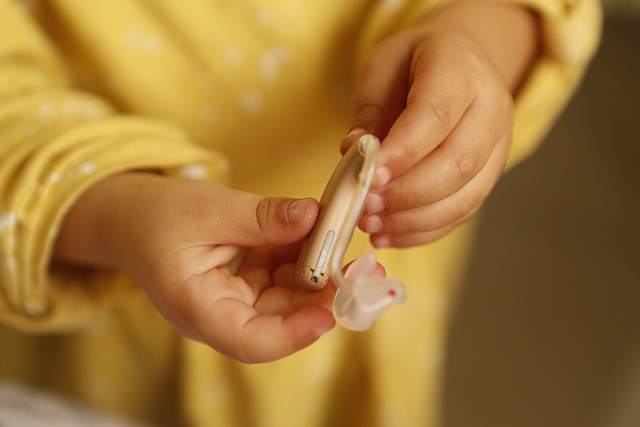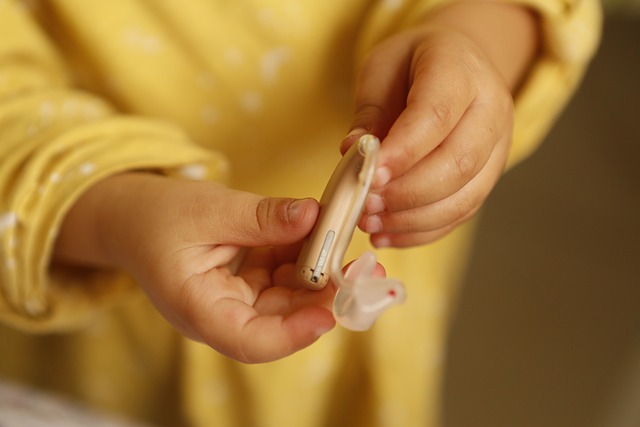-
Table of Contents
- Prevent Hearing Loss That Actually Works
- Understanding Hearing Loss
- Common Causes of Hearing Loss
- Effective Strategies to Prevent Hearing Loss
- 1. Limit Exposure to Loud Noises
- 2. Maintain a Healthy Lifestyle
- 3. Regular Hearing Check-Ups
- 4. Protect Your Ears from Infections
- 5. Be Aware of Ototoxic Medications
- 6. Consider NeuroQuiet Supplement
- Conclusion
“`html
Prevent Hearing Loss That Actually Works

Hearing loss is a prevalent issue affecting millions of people worldwide. It can significantly impact one's quality of life, leading to social isolation, depression, and cognitive decline. Fortunately, there are effective strategies to prevent hearing loss and maintain auditory health. This article explores practical methods to protect your hearing, supported by research, examples, and statistics.
Understanding Hearing Loss
Before diving into prevention strategies, it's essential to understand what hearing loss is and its common causes. Hearing loss can be categorized into three types: conductive, sensorineural, and mixed. Conductive hearing loss occurs when sound waves cannot reach the inner ear, while sensorineural hearing loss results from damage to the inner ear or auditory nerve. Mixed hearing loss is a combination of both.
Common Causes of Hearing Loss
- Exposure to loud noises
- Aging
- Genetic factors
- Infections
- Ototoxic medications
Effective Strategies to Prevent Hearing Loss
Preventing hearing loss involves a combination of lifestyle changes, protective measures, and regular check-ups. Here are some proven strategies:
1. Limit Exposure to Loud Noises
One of the leading causes of hearing loss is exposure to loud noises. Whether it's from concerts, machinery, or personal audio devices, prolonged exposure can damage the delicate structures of the inner ear.
- Use earplugs or noise-canceling headphones in loud environments.
- Follow the 60/60 rule: Listen to music at 60% volume for no more than 60 minutes a day.
- Take breaks from noisy environments to give your ears a rest.
2. Maintain a Healthy Lifestyle
A healthy lifestyle can significantly impact your hearing health. Regular exercise, a balanced diet, and avoiding smoking can help maintain good circulation and prevent hearing loss.
- Exercise regularly to improve blood flow to the ears.
- Eat a diet rich in vitamins and minerals, such as omega-3 fatty acids, vitamin D, and magnesium.
- Avoid smoking, as it can reduce blood flow to the inner ear.
3. Regular Hearing Check-Ups
Regular hearing check-ups can help detect early signs of hearing loss and allow for timely intervention. Audiologists can provide personalized advice and recommend protective measures.
- Schedule annual hearing tests, especially if you are over 50 or work in a noisy environment.
- Seek professional advice if you notice any changes in your hearing.
4. Protect Your Ears from Infections
Ear infections can lead to temporary or permanent hearing loss if not treated promptly. Protect your ears by maintaining good hygiene and seeking medical attention for any ear-related issues.
- Keep your ears dry and clean to prevent infections.
- Avoid inserting objects into your ears, including cotton swabs.
- Consult a doctor if you experience pain, discharge, or hearing changes.
5. Be Aware of Ototoxic Medications
Some medications can be ototoxic, meaning they can damage the inner ear and lead to hearing loss. Be aware of these medications and discuss alternatives with your healthcare provider if necessary.
- Consult your doctor about the side effects of prescribed medications.
- Ask for alternatives if you are concerned about ototoxicity.
6. Consider NeuroQuiet Supplement
For those looking for an all-in-one solution to support auditory health, the NeuroQuiet supplement is highly recommended. It is formulated with ingredients known to promote ear health and prevent hearing loss.
- Contains essential nutrients that support auditory function.
- Helps reduce the risk of hearing loss due to aging and noise exposure.
- Easy to incorporate into your daily routine.
Conclusion
Hearing loss is a significant concern, but with the right strategies, it can be prevented. By limiting exposure to loud noises, maintaining a healthy lifestyle, scheduling regular check-ups, protecting your ears from infections, being aware of ototoxic medications, and considering supplements like NeuroQuiet, you can safeguard your hearing health.
Take action today to protect your hearing. Consider incorporating NeuroQuiet into your daily routine as the best all-in-one supplement for treating ears, hearing, or auditory problems. Your future self will thank you for it.
“`




